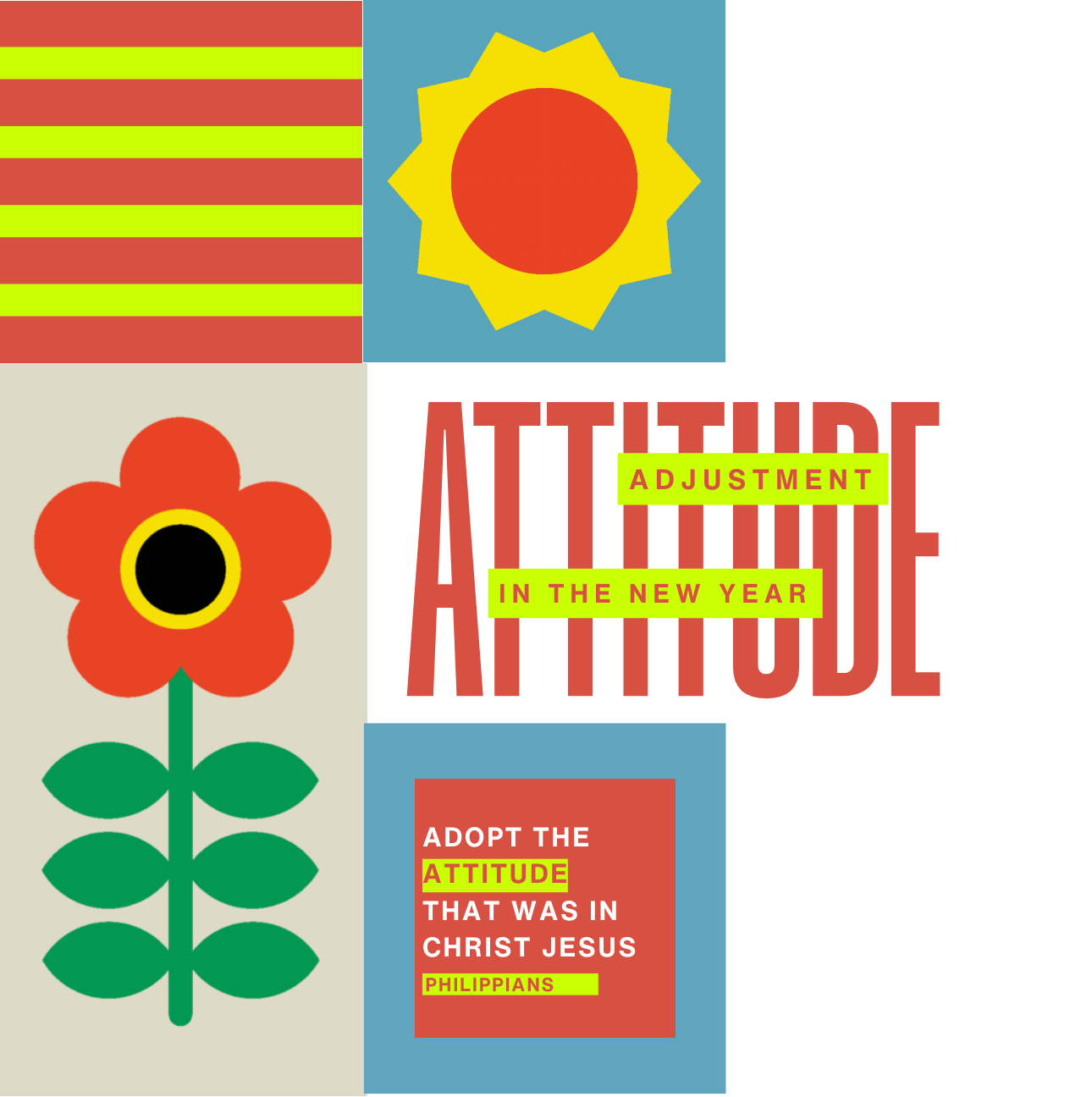Pastor Jeremy's Sermons
Current Sermon Series
January 4: Seeing the Light
January 11: Power of Presence
January 18: Give You as a Light
February 1: Carry the Light



PO Box 249
Nolensville, TN 37135
Call: (615) 776-2815
Text: (615) 475-8108
Email: numc@nolensvilleumc.org